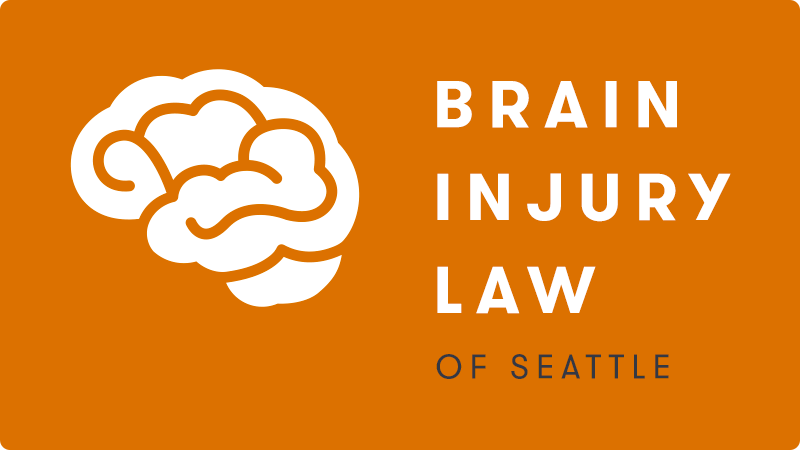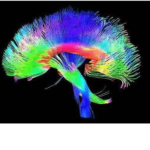Unlike injuries to other parts of the body, there is frequently no outward sign of brain injury. Because of this, it is harder for those suffering from such injuries to know what brain injury symptoms to look for, or when to seek treatment for a traumatic brain injury.
This article will outline the common causes of brain injury, review the symptoms of a TBI to be aware of, and talk about some of the risks that victims face.
Page Contents
COMMON CAUSES OF TRAUMATIC BRAIN INJURIES
While traumatic brain injuries can be caused by almost any blow to the head or body, the following are some of the most common circumstances associated with these types of injuries.
Falls
Falls from any object, regardless of height, can cause a brain injury so long as there is a blow to the head or body. Some common circumstances include falls in the bathroom, out of bed, or down stairs. The very young or elderly are most at risk for these types of falls, but anyone – regardless of age – can sustain a traumatic brain injury this way.
Vehicle Collisions
Collisions involving cars, motorcycles, bicycles, or pedestrians are the most common type of behavior associated with head injuries. Always wear a helmet, and use the appropriate safety gear.

However, be on the lookout for symptoms of brain injury if you’re in a crash regardless of the safety gear you were wearing – even people who take the right precautions can suffer a brain injury in these events.
Sports Injuries
Brain injuries are more common in participants of a number of high impact sports, including but not limited to:
- Football
- Soccer
- Combat sports
- Skateboarding
- Biking
- Hockey
- Lacrosse
- Cheerleading
If you or your child participates in these, take extra care to follow all safety guidelines. If you develop any brain injury symptoms, be sure to consult with professionals.
Uncommon Causes of TBIs
The following are less common, but are associated with traumatic brain injuries
Chemical or Toxic Substances – exposure to chemicals such as carbon monoxide, industrial chemicals, or household substances can damage neurons.
Lack of Oxygen – most commonly associated in drowning or smoke inhalation related events. Lack of oxygen to the brain, even for periods of just a few minutes, can cause severe brain damage. Symptoms of this type of brain injury include loss of cognitive function or memory.
Infection, Tumors, or Stroke – Loss of blood to or pressure on portions of the brain may result in long term reduced brain function.
WARNING SIGNS AND SYMPTOMS OF A BRAIN INJURY
Most of what people learn about brain injuries they get from either the media or entertainment they consume. In those forums, victims of traumatic brain injuries suffer from memory problems, confusion, headaches, difficulty speaking, or focusing at work. All of these things are common, and could be important signs of having suffered a traumatic brain injury.
However, it is important to remember that there are multiple signs and symptoms of traumatic brain injury associated with physical or mood disorders. If you experience any of the following you should contact a medical professional.
Physical Warning Signs of Brain Injury:
- Problems with balance
- Dizziness, fainting, or blacking out
- Extreme fatigue
- Dilated pupils
- Bruising or bleeding
- Ringing of the ears
- Nausea or vomiting
- Bad taste in mouth
- Changes in ability to smell
Mood Disorders
- Anger or aggression
- Anxiety
- Apathy or loneliness
- Depression
- Abnormal laughing or crying
- Impulsivity or lack of restraint
SYMPTOMS OF TRAUMATIC BRAIN INJURY IN CHILDREN
If your child has suffered a blow to the head or body, or you suspect they have sustained a brain injury otherwise, immediately consult with a doctor.
Children are at risk because they may not be able to communicate headaches or other emotional or sensory conditions. Be alert and watchful for the following head injury symptoms, some of which may appear days later.
- Change in eating or nursing habits
- Persistent crying/inability to be consoled
- Change in sleep habits
- Loss of interest in toys or activities
- Change in ability to pay attention or focus
- Seizures
Related Articles
Road Rash Scar
Head Injury Symptoms
LONG TERM EFFECTS OF BRAIN INJURY SYMPTOMS
If you or a loved one is suffering from any of these head injury symptoms and suspect that you’ve sustained a brain injury, consult with professionals. Left untreated, the consequences of traumatic brain injuries can be life threatening. Higher instances of seizure, depression, suicide, psychosis, and dementia have been associated with victims of traumatic brain injury.
Additionally, a host of endocrine system related disorders are associated with brain injury, ranging from insufficient growth hormone production to a decrease in testosterone or estrogen. Even mild brain injuries can lead to an increase in depression and cognitive impairment.
SEEK TREATMENT IF YOU HAVE A BRAIN INJURY
If you believe you are at risk it is always best to seek medical treatment from providers you trust. If you believe another party is responsible for your injuries, contact a qualified and experienced brain injury attorney to make sure you are getting the care and protection you need.
If you have further questions about the risk or symptoms of traumatic brain injury, check out the ebook below, or contact us at Brain Injury Law of Seattle with any questions.






